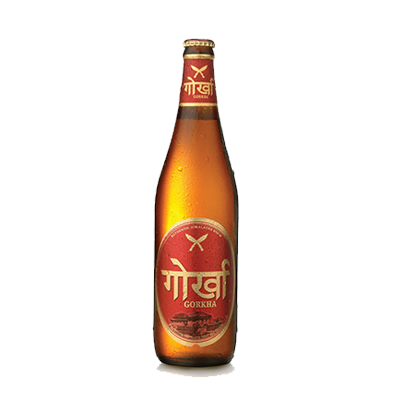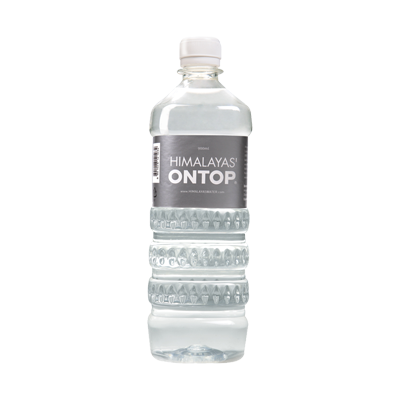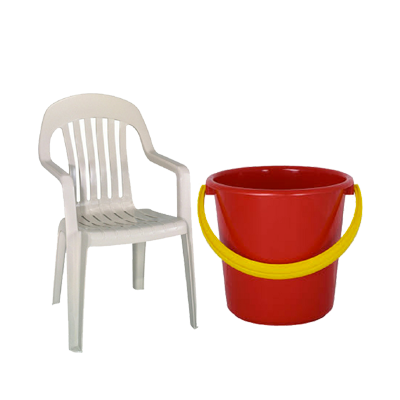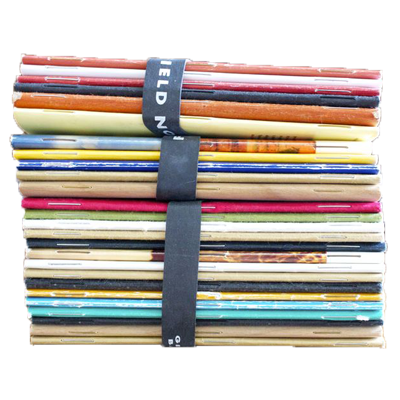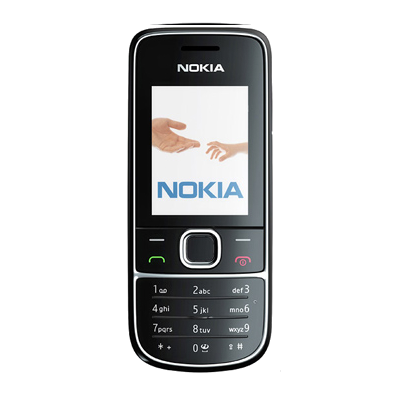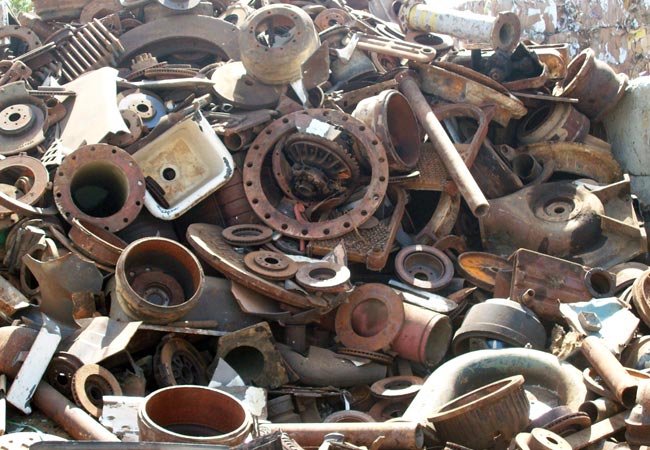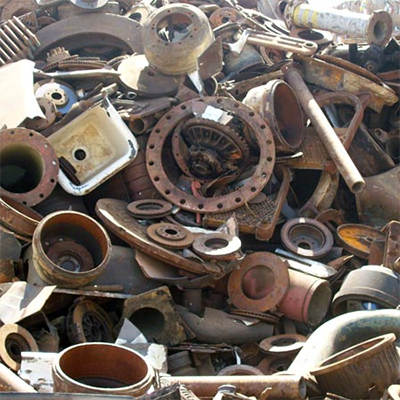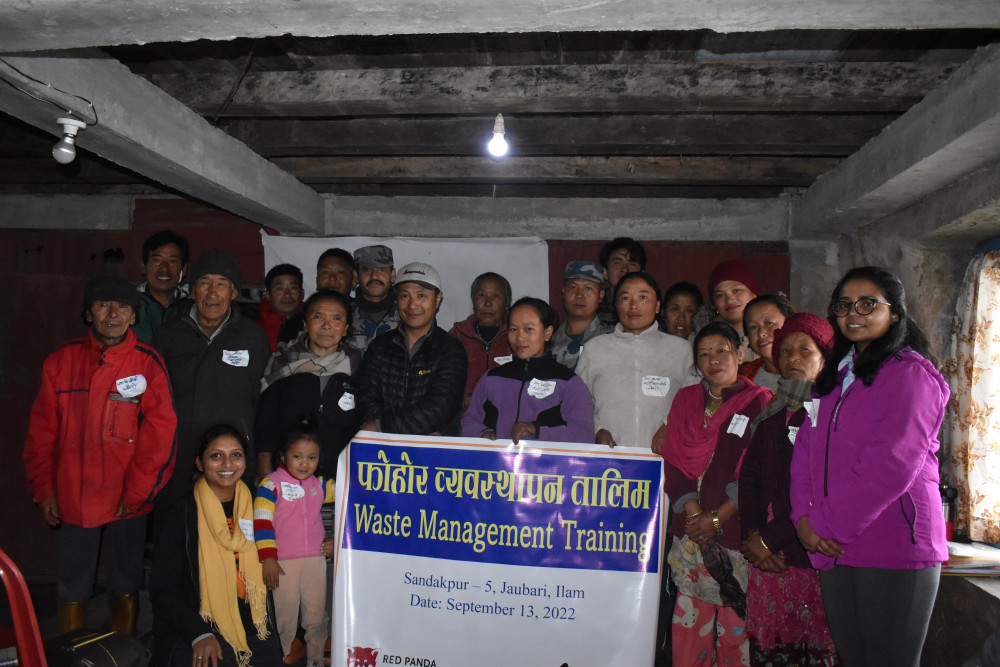
2022-11-09
Jaubari Community Workshop on Waste Management
Doko Recyclers, in collaboration with Red Panda Network, recently conducted a Waste Management Workshop on the 13th of September 2022 at Jaubari - a small village located in the Ilam district. Jaubari, is known to be a natural hotspot for the endangered Red Panda and other wildlife species. Although it is marked to be a beautiful village, its community has been facing the problem of proper waste dumping which has been identified to be a leading cause of habitat deterioration. A well-constructed waste management workshop for the local community was therefore considered as a solution to this emerging problem.
Local people, unaware of the environmental impacts of pollution, practiced open burning and dumping around the conservation area. The community also lacked a common waste collection system or central segregation sites and dumping sites. Some initiatives had taken place in the past such as forming a waste management committee but it dissolved during the COVID-19 crisis.
Our workshop consolidated with activities to give an overall scenario of waste management in Nepal, impacts due to inappropriate dumping habits, and probable solutions for better management. Jaubari consists of 25 households, 6 shops, and 4 homestays. The workshop was conducted for around 20 people. As waste segregation is a key to proper waste management, a detailed interactive session was conducted to train the participants on waste segregation. In the small village, being a tourist area, the major problematic dry waste identified were Glass Bottles, Multiple-Layer Plastics (MLPs), Polyethylene Terephthalate (PET) bottles, and other varieties of plastics. Different types of plastics were found to haphazardly be disposed of on trekking trails causing pollution.
The awareness program was successfully conducted meeting the major objectives and providing a visible impact on waste management, 7Rs, and sustainability. At the end of the sessions, the participants were able to segregate the recyclables and non-recyclables along with the proper end-of-life process. Besides training, signages in both Nepali and English languages were also installed along the trekking trail. The signages contained messages with the motive to raise awareness among tourists and local people to protect the environment and prevent pollution. Some of the messages read as ‘Do not pollute our earth, we only have one planet’; ‘Keep your plastics in your pocket’; ‘Do not burn waste; protect our health, air, and environment’, and more.
Overall the training ignited the spark of having a waste management committee, composed of a women’s group, to work on the issue related waste management. Doko looks forward to taking similar initiatives in other rural communities and remote villages momentarily.

